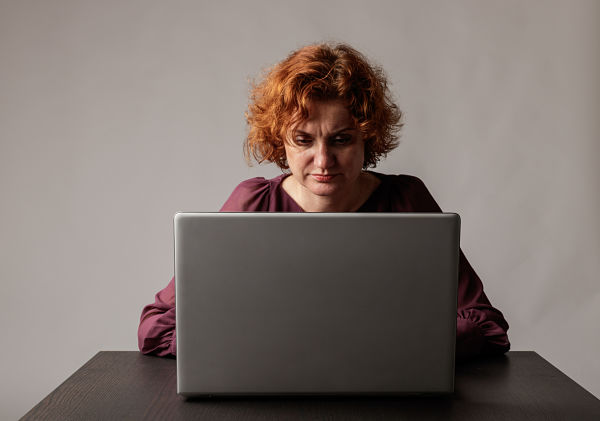Coronavirus (COVID-19) – your Thyroid questions answered

Am I at a higher risk of contracting coronavirus if I have a thyroid condition?
With the NHS guidelines about people who are high risk and the Government’s advice on social distancing for vulnerable people, I’m quite naturally hearing from anxious patients who are asking if their own thyroid condition raises their risk.
This is happening particularly because of the general reference to “any other serious underlying condition”
Try not to worry.
I realise it’s difficult to find information online; this is because coronavirus is a new illness with no available studies on its effect on people with thyroid conditions. However, thyroid problems are common worldwide and there have been no indication from studies of thyroid patients in China or elsewhere that coronavirus has been a big problem.
So there is currently no reason to believe that people with thyroid conditions, whether autoimmune or not, are at an increased risk of contracting COVID-19. This applies to
- Hypothyroidism - including Hashimoto’s thyroiditis
- Hyperthyroidism - including Graves’ disease
The only situation in which you may be included in a high-risk group is if you have thyroid eye disease and are receiving steroid or immunosuppression therapy.
And some patients will be receiving immunosuppressant therapy for other autoimmune conditions which are associated with thyroid disorders such as rheumatoid arthritis or lupus.
Is my thyroid medication suppressing my immune system?
No - Levothyroxine, Carbimazole and Propylthiouracil do not change or weaken your immune system.
Some patients are concerned because they are advised to check a white cell count if they develop a fever or symptoms of a flu-like illness on Carbimazole or Propylthiouracil treatment for hyperthyroidism. However this does not mean that either of these two drugs weaken your immune system in any way to fight a viral infection.
Radioiodine is another thyroid treatment for people with Graves’ disease, toxic nodular goitre or thyroid cancer which does not have any impact on your immune system.
Our current advice
This is actually my standard advice for all thyroid patients whatever the circumstances.
Take your medication regularly and make sure you don’t run out.
Eat well, try to sleep well and take exercise.
If you have to self-isolate but feel well there are you might like to check out an indoor regime such as Gym free workouts as compiled by the NHS.
Need to see me whilst self-isolating or anxious about travelling?
No problem, I’m able to see many patients online. There is a blog post about how this works just here. Just get in touch when you want to arrange an appointment.
I hope this helps at this challenging time.
Although every effort is made to ensure that all health advice on this website is accurate and up to date it is for information purposes and should not replace a visit to your doctor or health care professional.
As the advice is general in nature rather than specific to individuals Dr Vanderpump cannot accept any liability for actions arising from its use nor can he be held responsible for the content of any pages referenced by an external link










